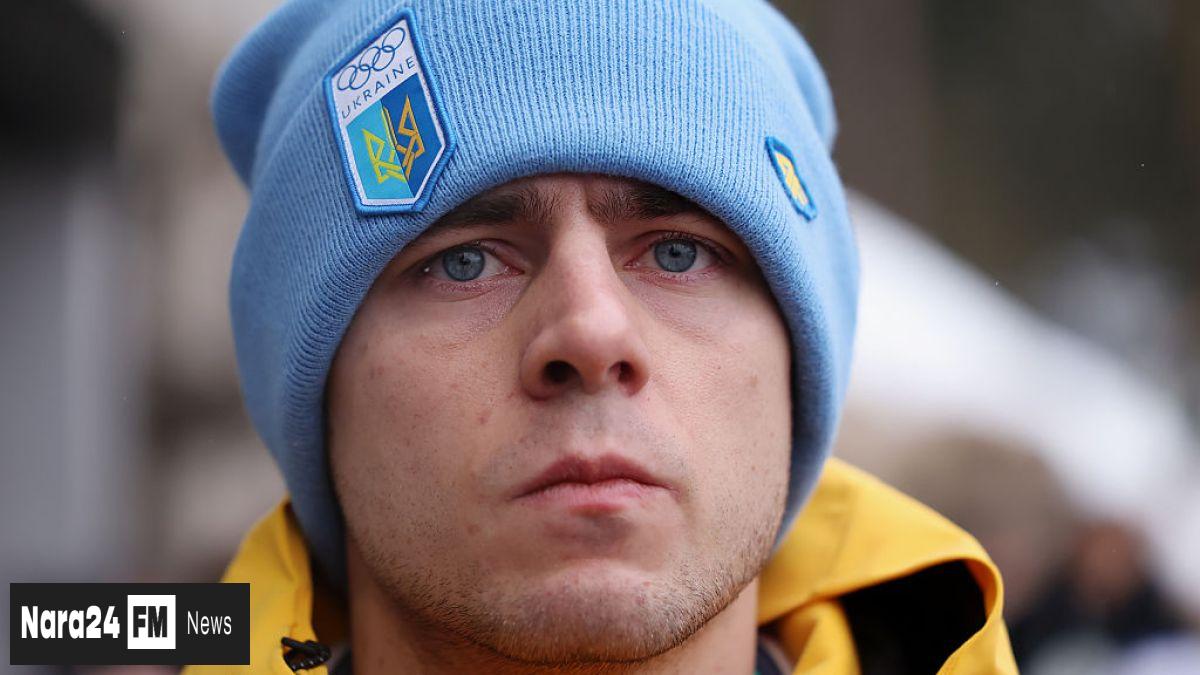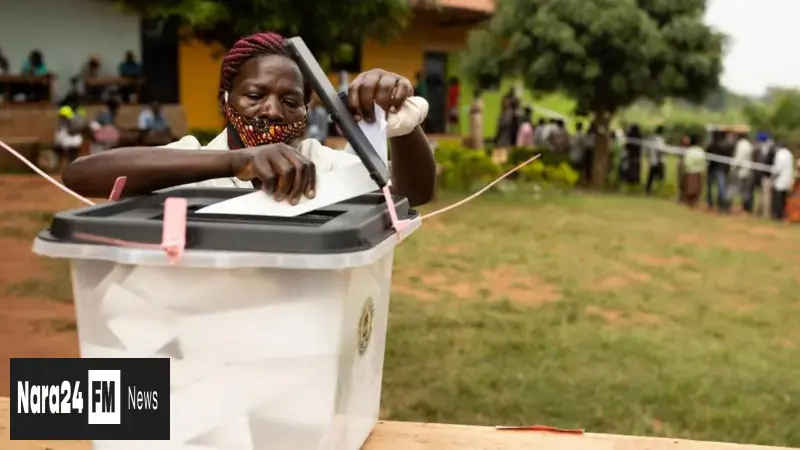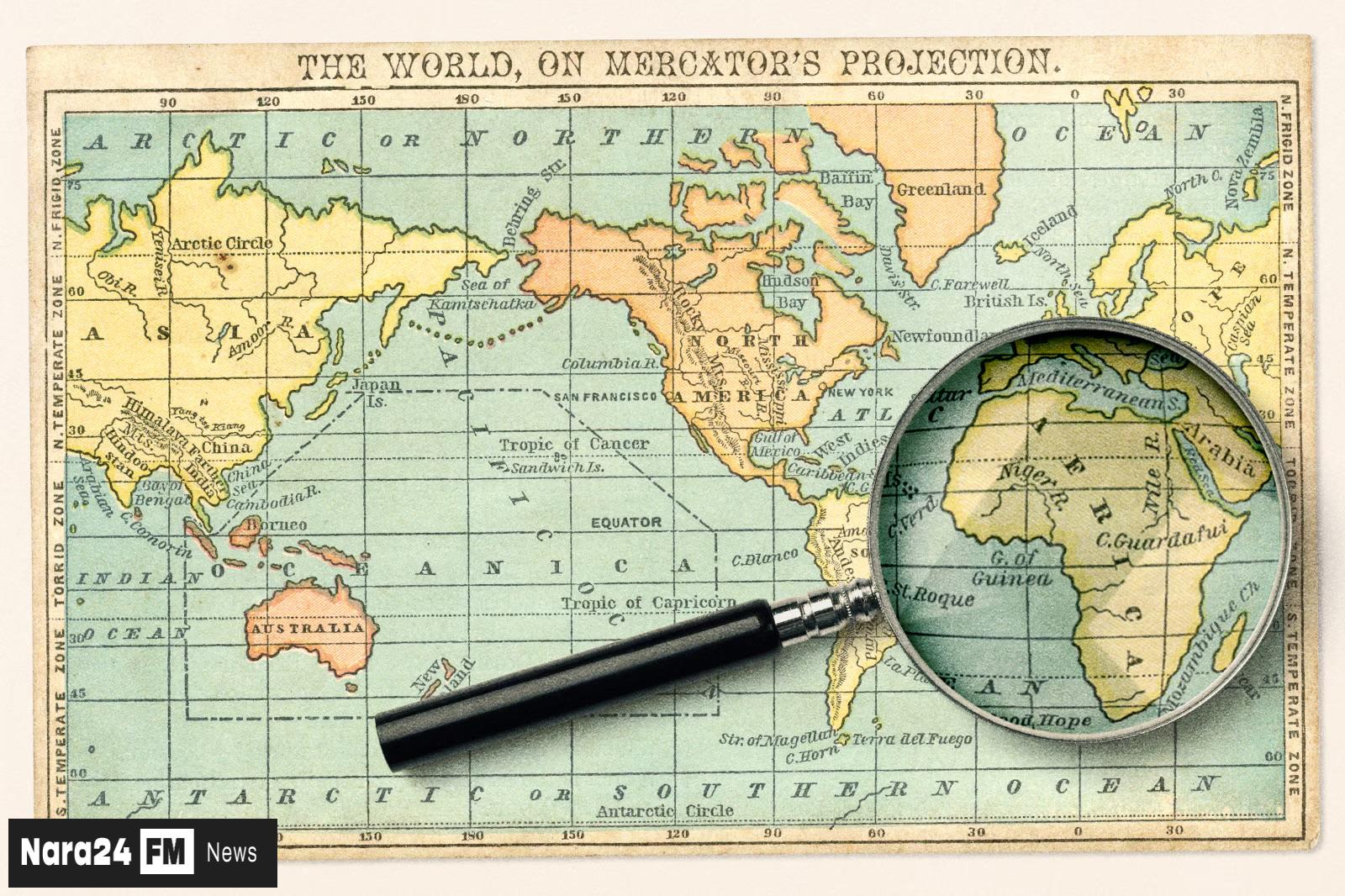In This Article
- Zelensky's Independence Day Pledge to Defend Sovereignty
- International Support and Military Aid Commitments
- Russian Accusations of Ukrainian Attacks on Infrastructure
- Prisoner Exchange and Diplomatic Developments
Key Takeaways
- President Zelensky vowed Ukraine will persist in defending its sovereignty, asserting the nation is 'a fighter' that has 'not yet won' but 'certainly not lost' amid ongoing conflict.
- Canada pledged $1 billion in immediate military aid, including drones and armored vehicles, while Norway and Germany committed $693 million in air defense systems to support Ukraine.
- Russia accused Ukraine of drone strikes damaging a nuclear plant in Kursk, with the IAEA emphasizing the need to protect nuclear facilities despite no radiation leaks reported.
- Ukraine and Russia conducted a prisoner exchange involving 146 soldiers each, alongside ongoing international diplomatic efforts, including a stalled Trump-Putin summit.
- The UK extended military training support until 2026, and Sweden agreed to a joint defense production initiative with Ukraine, signaling sustained international backing.
Ukraine's President Vows Continued Fight for Freedom on Independence Day
KYIV – In a powerful Independence Day address, President Volodymyr Zelensky pledged to continue defending Ukraine's sovereignty, stating the nation would persist in its struggle "while its calls for peace are not heard." Speaking as Ukraine marked its declaration of independence from the Soviet Union 34 years ago, the president emphasized Ukraine's identity as "not a victim, it is a fighter," adding that while the nation has "not yet won," it has "certainly not lost." The speech came amidst ongoing conflict and significant international support.
International Pledges and Aid
The celebrations in Kyiv featured high-profile visits, including Canadian Prime Minister Mark Carney. Addressing a crowd beside Zelensky at St. Sophia's Cathedral, Carney reaffirmed Canada's commitment, stating, "Canada will always stand shoulder to shoulder with Ukraine." The country announced an immediate delivery of approximately $1 billion (about £530 million) in military aid, including drones, ammunition, and armoured vehicles, forming part of a larger support package. US envoy Keith Kellogg was also present and reportedly awarded Ukraine's highest merit order.
The UK expressed solidarity through displaying Ukrainian flags outside Downing Street and confirmed the continuation of military training support until late 2026 under Operation Interflex. Norway announced a significant contribution of about 7 billion Norwegian kroner (£514 million, $693 million) worth of air defence systems, alongside Germany, to bolster Ukraine's air defences. Sweden and Ukraine also agreed on a joint defence production initiative.
Russia Claims Ukrainian Attacks Damage Energy Infrastructure
Simultaneously, Russia accused Ukraine of launching attacks against its power and energy infrastructure overnight. Specifically, Moscow cited drone strikes leading to a fire at a nuclear power plant in its western Kursk region. The plant's operator reported no injuries and that the fire was quickly extinguished, with only a transformer damaged – though radiation levels remained within normal limits. The UN nuclear agency, the IAEA, acknowledged the reports and stressed the importance of protecting nuclear facilities.
Ongoing Conflict and Diplomatic Stance
Earlier on Sunday, Russia confirmed a prisoner exchange involving 146 soldiers from each side, alongside the return of eight civilians from the Kursk region. Despite these prisoner swaps and international backing, Zelensky's address underscored Ukraine's determination. His remarks occurred against a backdrop of intense diplomatic discussions, including a Trump-Putin summit in late August, which failed to produce a peace deal. President Trump has since expressed frustration over the stalemate, considering further sanctions or withdrawal from talks.








Comments (0)
Leave a Comment
Be the first to comment on this article!